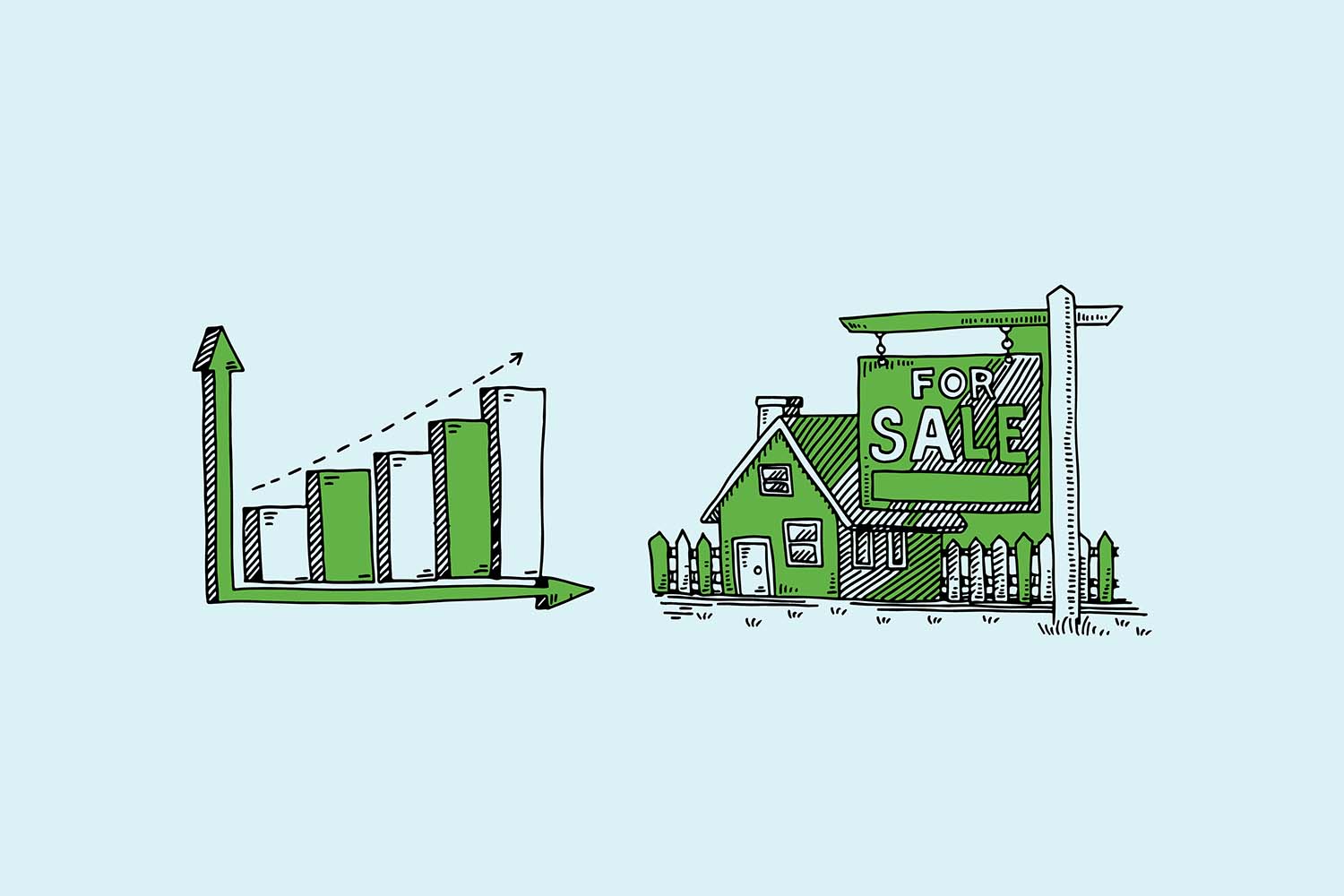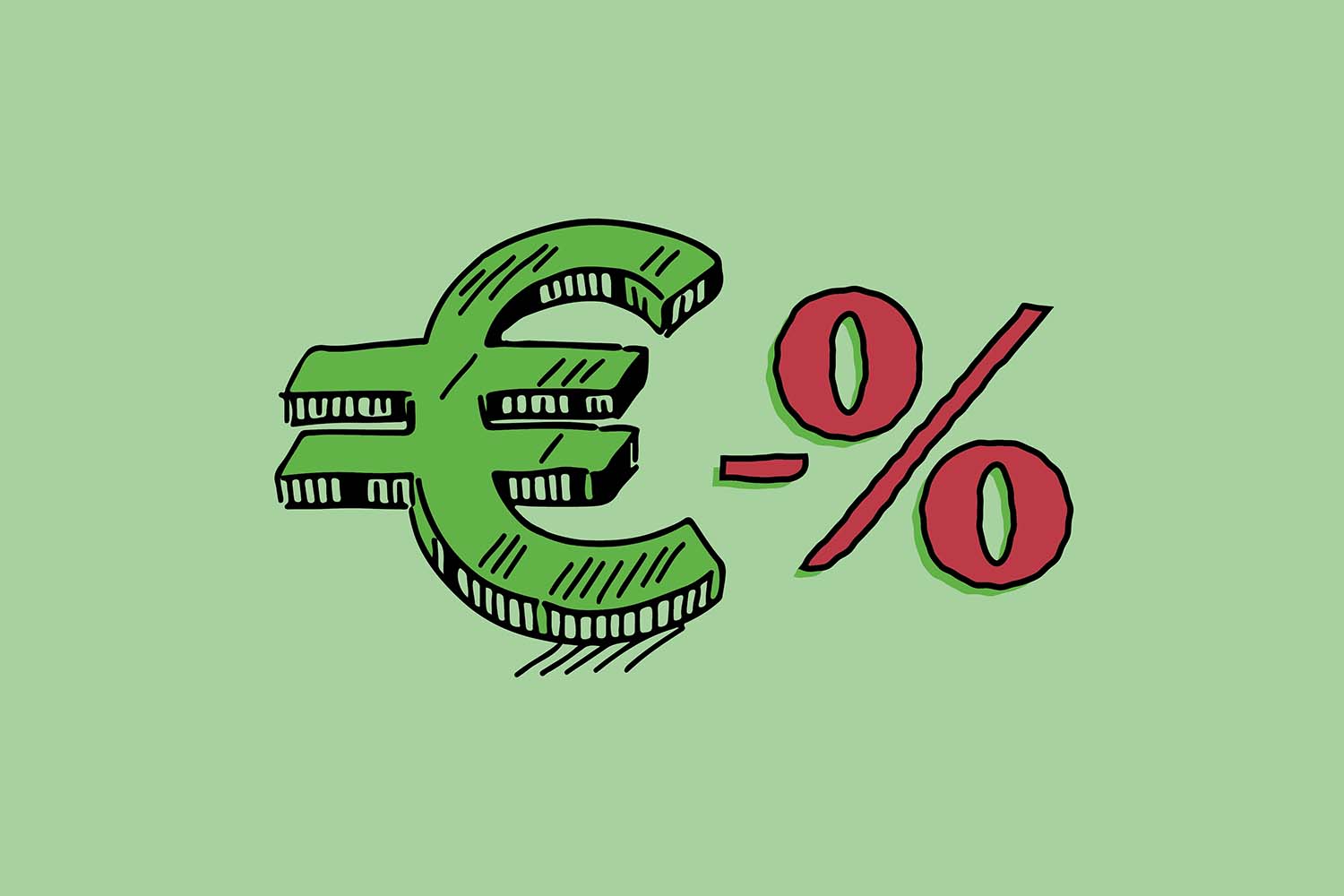Stocks are a popular investment option when it comes to investing. Beginner investors prefer investing in the stock market because it is accessible to everyone at affordable minimums. In addition to this, media news reports on the performance of the stock market flood our timelines everyday making It seem like the only way to earn passive income.
However, there are other investment options that provide passive income. Investing in Real estate dates back centuries and will always remain a time-tested way to create wealth and earn passive income. Real estate is defined as land and any permanent structures, like a home, or improvements attached to the land, whether natural or man-made. Investing in real estate includes purchasing a home, rental property, or land.
The decision to invest in real estate or stocks is a personal decision that depends on your financial budget, risk appetite, financial goals, and investment style. Real estate and stocks have different risks and opportunities. While both assets can generate cashflow, they are very different in nature with each asset having its benefits and drawbacks. So, the question is should you invest in stocks or real estate? To successfully invest in any or both assets, you should understand how both assets work. Here’s a deep dive into how these assets compare.
Stocks Vs Real Estate – The basics
Stocks are units shares of companies listed and traded on a stock exchange. Investors earn cash flow from stocks when companies distribute their profit to shareholders and when the sell after a stock rises in value.
Investing in the stock market is straight forward and quite hands-off. You can invest directly in a stock or invest in an index fund. An index fund is a type of mutual fund or exchange-traded fund (ETF) with a portfolio constructed to match or track the components of a financial market. If you’re risk averse, most experts agree that index funds are good for long-term risk averse investors. They are low-cost options for obtaining a well-diversified portfolio that passively tracks an index. If you wish to invest directly in a stock, you might be exposed to the volatility that comes with investing in that company. Index funds or ETFs expose you to less risk.
One of the best ways to earn passive income from real estate is to invest in rental property and rent them out. When you rent out property, you earn cash flow from rental income. The real estate property will most likely appreciate over time if you purchased at a good price, and you can benefit from growth in the value of the property if you decide to sell the property later.
While stocks are less expensive and more liquid than real estate, real estate serves as a great alternative to investing in stocks. Investing in real estate is less volatile and helps you diversify your portfolio as it has a low correlation with stocks and other assets. As much as this sounds great, investing in real estate does require a high minimum amount and a good understanding of how factors such as location and economic indicators determine the value of the property over time. Real Estate Investment Trusts (REITs) are an alternative to invest in real estate if you can’t afford the high minimums. A real estate investment trust (REIT) is a corporation or trust that uses investor funds to buy, rent and sell properties, and pays back profits to shareholders as dividends.
Risk & Reward
Stocks can be quite risky. They are exposed to both systematic and unsystematic risk. Stocks are vulnerable to financial performance reports provided by companies. They are also vulnerable to economic circumstances such as inflation, political & geopolitical tensions, recessions, and other economic factors. You’ve probably seen media reports of a crash in the stock market due to a low jobs report or political incident.
The performance of the stock market is tied to the performance of the economy. While a group of companies listed on the stock exchange might have strong fundamentals, the market might experience negative returns if the economy performs poorly.
In 2022, the S&P 500 is down 21.65% on a year-to-date basis, mainly due to the rise in inflation and hike in interest rates. There is also the risk that stems from how you, as an investor, chooses to invest in stocks. For example, an investor who invests in just one stock or only invests in companies in a particular industry without diversifying exposes him/herself to losses if an economic incident affects a company or an industry.
Compared to the stock market, real estate is not prone to frequent market swings or inflation. Properties don’t immediately change in price based on capital contributions or political volatility, making real estate a safe and stable long-term investment. Investing in real estate does come with risks. The most notable risk is the risk of illiquidity; not finding a buyer with cash when you are ready to sell. In today’s current era of interest rate hikes by central banks across the globe, the real estate market is expected to slowdown in growth as the rise in monetary policy rates directly impacts mortgage rates. This is a great time for investors looking to get good deals in real estate at a discount as a slowdown in growth means more houses sell at lower values.
In every market, investing in real estate requires proper research and due diligence however in emerging markets like Nigeria, it is very important. Research and due diligence will help you avoid the risk of making wrong choices or falling victim to unscrupulous real estate agents. In developed markets such as the UK or USA, the real estate market is regulated and if you work with a licensed real estate agent with good experience, you should be fine.
With high risk comes high returns. Stocks have the potential to provide high return on investment depending on the performance of the companies you invested in. The S&P 500 returned an average of 10.31% annually from 1970 to 2016. Given that there is no cap on how high the price of a stock can rise implies there is no cap on the return investors can earn from capital growth of stocks.
With real estate, you earn rental yield from renting out the properties. Although rental yield ranges between 5-7% per annum, real estate investors also benefit from the capital appreciation of real estate properties and the hedge it provides to inflation. When you own a house or piece of property, it naturally appreciates, or increases in value.
Benefits & Drawbacks
Stocks are very liquid assets; they trade daily on stock exchanges which makes it easy to buy or sell on any trading day. It is also easy to diversify your portfolio with stocks, as there are companies operating in different sectors of the economy listed on the exchange. There are also a wide range of ETFs to choose from.
Stocks can be volatile in value and vulnerable to a lot of economic factors. Capital gains tax is charged on capital growth earned on stocks. Company management may also not always act in investors’ interest leading to a drop in the value of the stocks in the stock market.
When done correctly, real estate is one of the most profitable, and stable investment choices that can generate a great profit return. Some of the key advantages of investing in real estate include the ability to generate wealth, use equity as leverage, and protect your money from inflation.
Real estate provides an opportunity to earn stable passive income on a regular basis as rental income increases with inflation. Real estate assets can however be illiquid and there can be a time lag between when an investor wants to sell and when a buyer is available to buy. It is also a high-ticket asset that may not be easily accessible to investors in developing countries where mortgages are not available.
Which Is the better asset?
Investing in stocks or real estate or any other asset depends on your preference, stage of life, risk appetite, investment strategy and financial capacity. However, it is important to note that while most people fear inflation, real estate investors don’t have to. Real estate is rarely impacted by the effects of inflation, which is one of the most valuable benefits of real estate investing in current markets. Instead of being negatively impacted, real estate investments generally rise in value along with inflation.
For a beginner investor, it might be a tough call to invest in real estate when starting your investment journey, due to the relatively high minimum required to invest in real estate. For an experienced investor looking to diversify their investment portfolio, Real estate is an asset consider for long term portfolio diversification as it is not highly correlated with most assets. Housing will always be a basic need for all individuals, and you can build stability into your portfolio with stable rental income over time. Investing in real estate is a great option, especially when it is done in a stable currency and in a market where demand continues to be higher than supply.




